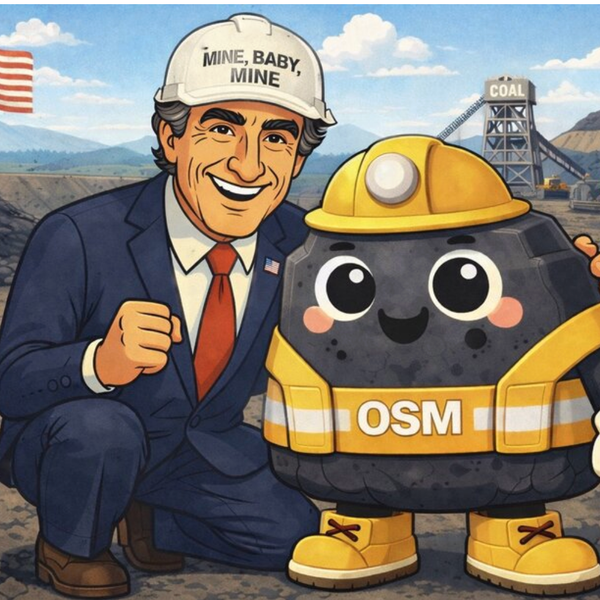Governments Increase Dependence On Privatized Immigration Detention Facilities
The problems and controversies surrounding the privatization of traditional government functions are well-documented, but those issues become even more severe when private companies are in charge of immigration detention facilities. These companies, exempt from the regulations and transparency required of government, have been responsible for numerous abuses — but they nonetheless turn massive profits. The New York Times reports:
Especially in Britain, the United States and Australia, governments of different stripes have increasingly looked to such companies to expand detention and show voters they are enforcing tougher immigration laws.
Some of the companies are huge — one is among the largest private employers in the world — and they say they are meeting demand faster and less expensively than the public sector could.
But the ballooning of privatized detention has been accompanied by scathing inspection reports, lawsuits and the documentation of widespread abuse and neglect, sometimes lethal. Human rights groups say detention has neither worked as a deterrent nor speeded deportation, as governments contend, and some worry about the creation of a “detention-industrial complex” with a momentum of its own.
“When something goes wrong — a death, an escape — the government can blame it on a kind of market failure instead of an accountability failure,” [Matthew J. Gibney, a political scientist at the University of Oxford] said.
In the United States — with almost 400,000 annual detentions in 2010, up from 280,000 in 2005 — private companies now control nearly half of all detention beds, compared with only 8 percent in state and federal prisons, according to government figures. In Britain, 7 of 11 detention centers and most short-term holding places for immigrants are run by for-profit contractors.
In theory, a company is held accountable through the threat of losing a contract; but in reality, the demand for privatized detention is so great that companies can easily find contracts elsewhere even if they are grossly negligent. They can continue to make huge sums of money by cutting corners and, in many documented cases, treating detainees inhumanely. And they can in turn take that money to lobby against immigration law reform that would jeopardize the need for these large, lucrative detention facilities. In this way, the expansion of the “detention-industrial complex” could lead to harsher, but less effective, immigration policies and the continued poor treatment of detainees.








